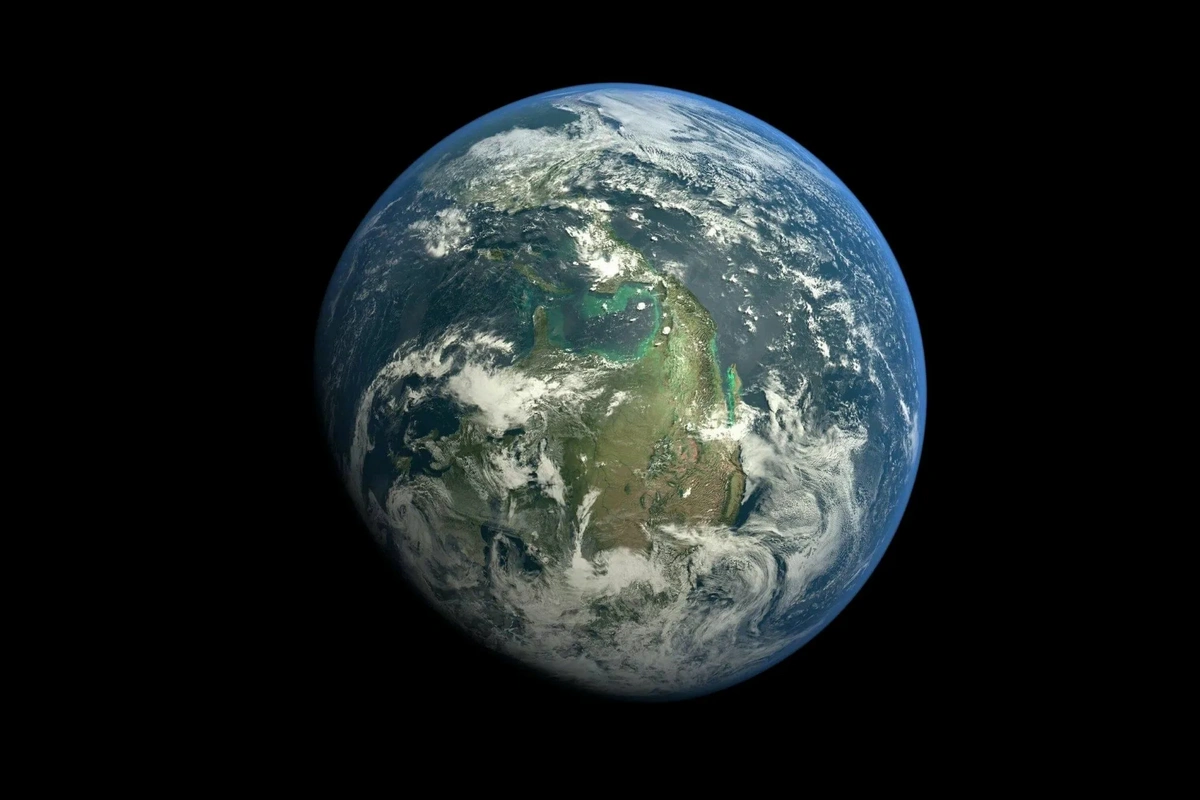Scientists raise alarm: Earth is entering a new climate era

2024 Becomes Record Hot Year: Scientists Warn of New Climate Phase
An international group of scientists has recorded record-breaking global temperature increases in 2024, suggesting that the planet may be entering a phase of sustained warming above 1.5°C. The study was published in Nature Climate Change (NCC).
The 1.5°C threshold established by the Paris Agreement is critical for assessing climate risks. Exceeding this level leads to more frequent extreme weather events, sea level rise, and mass species extinction.
"Even a small temperature increase leads to more frequent natural disasters and loss of biodiversity," noted Professor William Ripple of Oregon University.
According to the World Meteorological Organization, 2024 became the first year in history when the average temperature for a calendar year exceeded 1.5°C. However, for official recognition of this exceedance, average values over 20-30 years need to be considered. Currently, global temperature has already risen by approximately 1.3°C - the highest level in the past 125,000 years.
Researchers, using computer modeling, concluded that a single breach of the 1.5°C mark could be a "warning signal" of long-term climate change. If current trends continue, humanity will enter a 20-year period of stable exceedance of this level.
"If the planet has already crossed this threshold in 2024, it will be permanently exceeded in the next 10 years unless urgent measures are taken to reduce greenhouse gas emissions," the study states.
According to the Intergovernmental Panel on Climate Change (IPCC) estimates, keeping temperature within 1.5°C will help avoid the most devastating consequences of global warming. However, 2024 has already demonstrated what the future might look like: devastating hurricanes, forest fires, and floods caused significant economic damage.
Scientists warn that warming of 1.5°C threatens to destroy up to 90% of coral reefs and increases the likelihood of extinction for 14% of terrestrial species. Further temperature rise to 2°C could lead to accelerated Arctic ice and permafrost melting, methane release, and ocean level rise by several meters.
"If urgent measures are not taken, 2024 will be remembered not as an exception, but as the beginning of a new climate era in which risks will only increase," Professor Ripple concluded.
Similar News
Identified non-obvious causes of bad breath
Bad breath is not always associated with dental and gum diseases - this was stated by the president of the British Academy of Cosmetic Dentistry Sam Jethwa in a...



 Azərbaycanca
Azərbaycanca  По-русски
По-русски  English
English 






